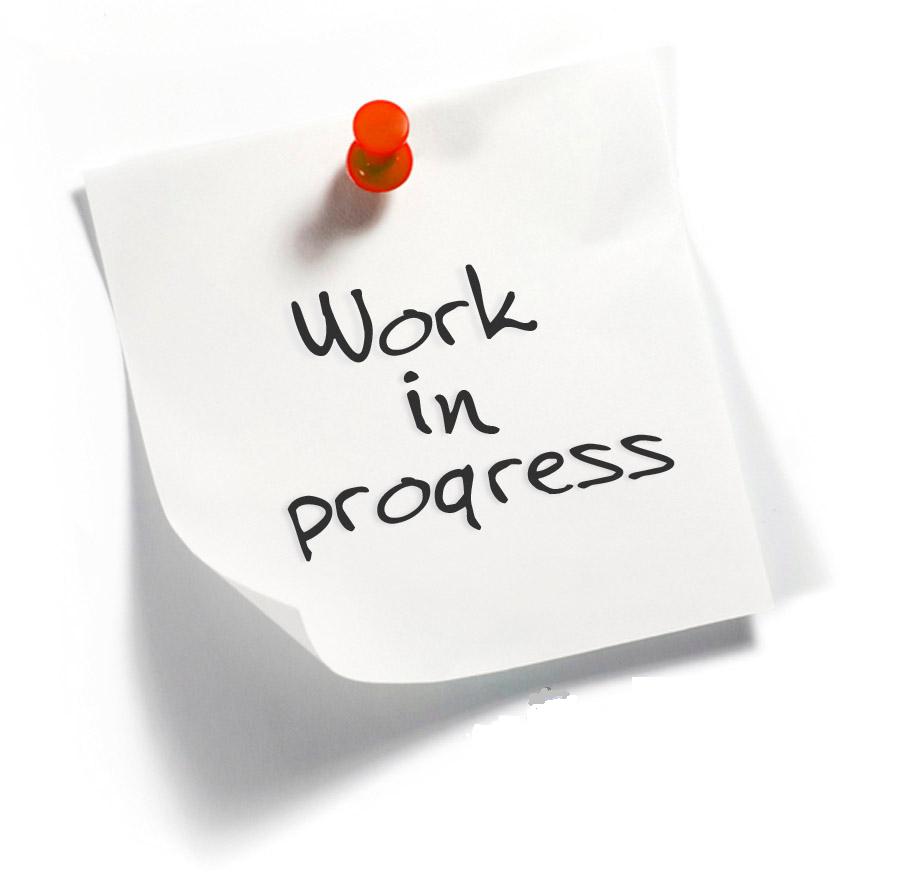Every so often I find myself at the beginning again. Like life - and especially this writing thing - is a big circle that just keeps spinning. If it weren't so darn frustrating, I'd look at it as a chance to start fresh, be anything I want to be, write whatever I want, make a new name for myself.
I have nothing locking me into adult literary fiction. I could write serial middle grade. I could write young adult. I could try a mystery series or focus on short stories for a while.
The obvious question is, what do I feel passionate about writing?
Except maybe that isn't the obvious question. Maybe the obvious question is what sells?
Ah, the rub for those of us whose inclinations are not towards sparkly vampires and serial killers and other editor-salivating tomes.
Jolene Perry wrote a blog post last week [okay - a long time ago by now!] about writing the book that is calling you. I completely agreed with her - that one should write the book you feel inside is demanding to be written. You should feel passionate about it. That love shows through, right? Makes for an irresistible book?
Well, maybe I agree that that is the best way to enjoy being a writer.
On the other hand, I keep coming back to the same dilemma every time I round the corner of the circle again... Is writing a hobby or a job for me? Does that distinction matter?
Book Riot had an article Tuesday [again, a few months ago!] titled, "Ten Things You Didn't Know About Authors You Had to Read in High School." One of those things? Louisa May Alcott wrote Little Women for the money. And it made her miserable. Yes, you read that right. She didn't want to write Little Women and Eight Cousins and all those other books that made her famous and a favorite author to pass from mother to daughter. She wanted to write "lurid pulp stories of revenge, murder, and adultery." Or, as Book Riot so elegantly says, "smut and violence." But she needed money. So she wrote what sold.
And heavens to Betsy, it made her famous and beloved.
And miserable, according to Book Riot, but let's leave that phrase alone for a minute.
(Also, as an aside, let me muse on the idea that if she lived today, she would probably make much more by writing "slut and violence" than chaste family stories...)
If Alcott had written pulpy indulgent stories, we probably wouldn't have those in our libraries. Her name would never have become known worldwide. I would not have grown up with an entire bookshelf devoted to her books that used to by my mom's.
The fact is, if we are writing to make a living, to put some money in the bank or shoes on the kids (I love when my family plays any game with dice, my husband always shakes the dice and yells really loudly, "BABY NEEDS NEW SHOES!" before throwing them. Just a random thought...)... if we need to make money, we have two choices:
We can write what sells, or we can sell what we write.
That makes it sound simplistic. We really have to do both. But hopefully you get my drift. Because I wrote like three other paragraphs trying to explain what I meant and then erased them all because - seriously - three paragraphs to explain 12 words?? Ugh!
In short, tons of people go to jobs every day that they hate. Tons of people go to jobs that they love and still have to do things they don't like that much. If writing is a hobby, I have a right to want what I'm writing to be fun and come naturally. But if it's a job - if I want to treat it like a real profession - does that mean I need to let go of seeing it as just what I want to do and the heck with the readers and agents and publishers and what they want? Do I need to try to write what sells?
But then, who the heck knows what sells? Not every big seller is a YA book, although the movie industry might have us believe that.And not every sparkly vampire book is a best-seller.
I don't want to be miserable, of course. I wonder sometimes what made Louisa May Alcott decide being miserable but writing and selling was better than not writing but doing something else that made her happy. And I think in the end, if we write what we hate, most of us would end up with pretty crappy books.
For now, I'm plugging away at a novel that I have no idea whether or not will garner any interest. It won't end up a trilogy or some other big money-making creation. I won't end up writing any others like it. It's a Christian, murder, literary fiction book. Where in the world does that even get shelved?? My biggest fear is not that the writing in my book isn't good enough. It's that the story isn't good enough. That the story I want to tell is just not that interesting to enough people to make it marketable... to an agent, a publisher, to a large enough audience of readers. What if I shoved it more readily into a genre? If I went all full-on Christian with it? Or made it more a crime thriller? What if I crammed that book into something I really don't want it to be?
As many times as I've turned that over in my head, I keep coming back to this: I need to finish this book the way it's screaming to be written, the way I write, and sort the career thing out later. In the meantime, I'll keep stacking those more marketable ideas up in the folder. Maybe one day I'll try my hand at one of those.






















